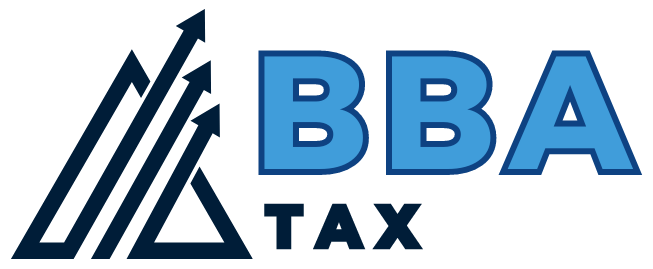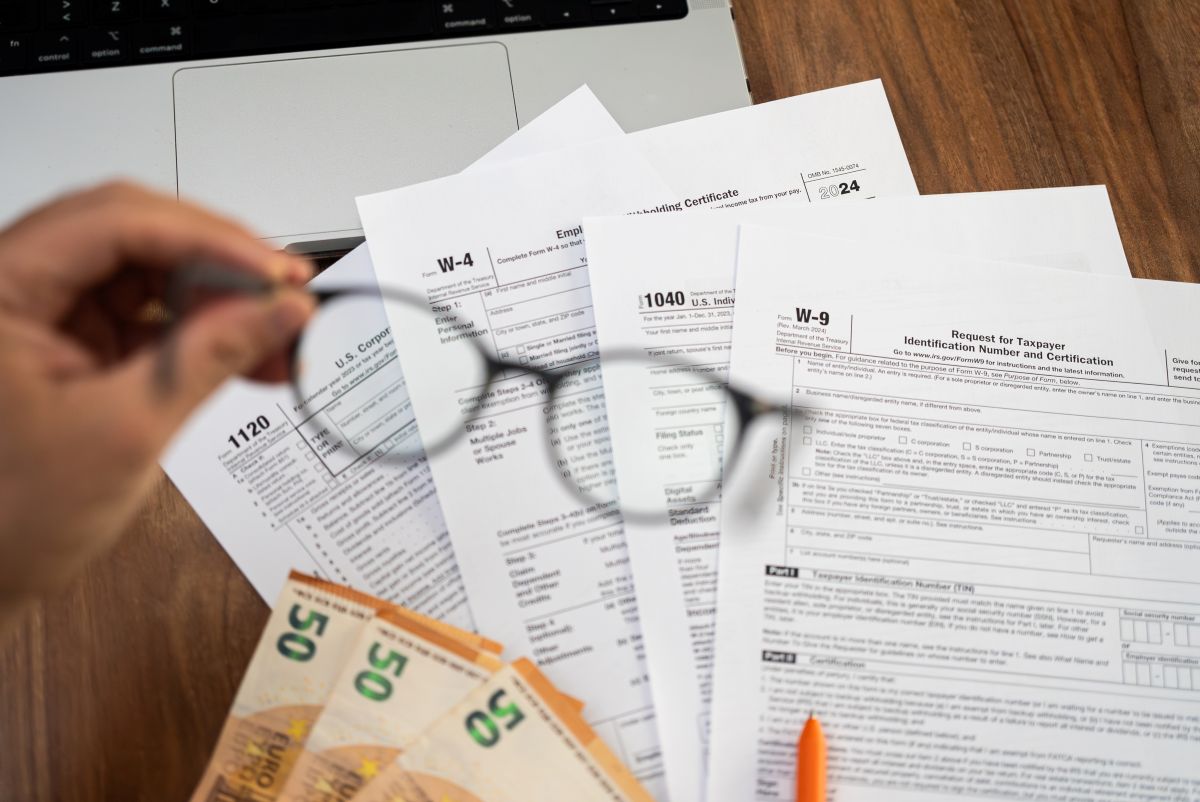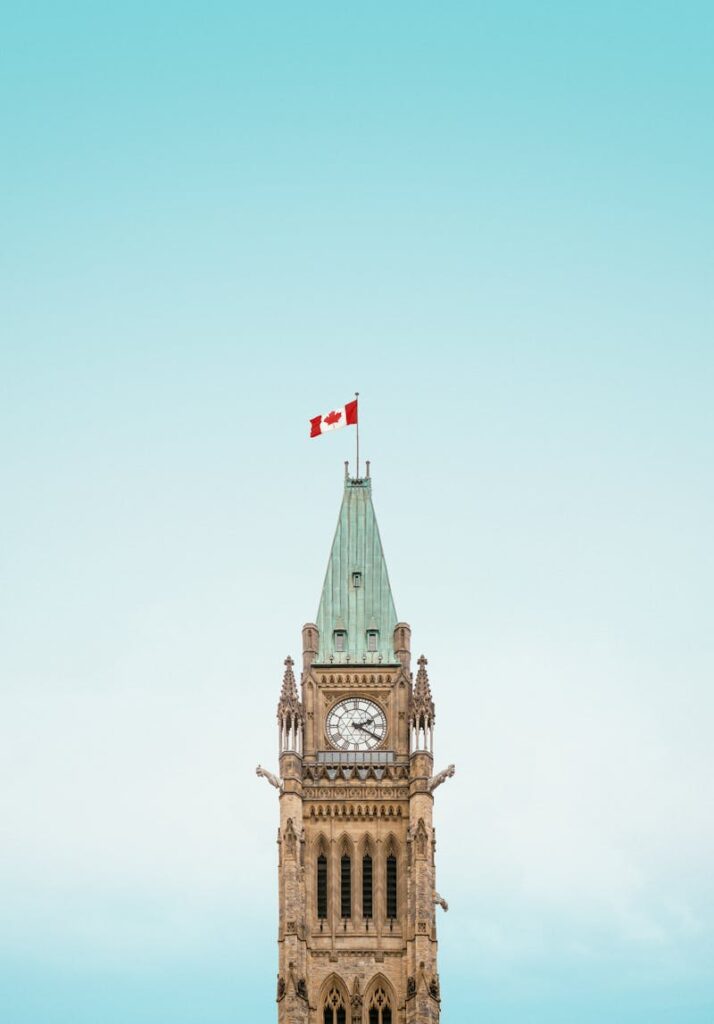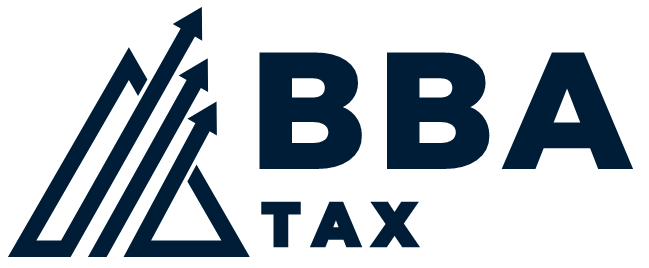Table of Contents
- Introduction: Understanding CRA Bank Freezes
- Why the CRA Can Freeze Your Bank Account
- How the CRA Freezes Your Bank Account
- Warning Signs Before a CRA Freeze
- What to Do Immediately If Your Account Is Frozen
- How to Negotiate With the CRA and Set Up a Payment Plan
- How a Tax Accountant in Ottawa Can Help
- Legal Options to Release a CRA Bank Freeze
- How to Prevent Future CRA Actions
- When to Contact BBA Tax Ottawa
- Final Thoughts: Take Action Before It’s Too Late
1. Introduction: Understanding CRA Bank Freezes
If you’ve ever woken up to find your bank account frozen by the Canada Revenue Agency (CRA), you know the feeling of panic that follows. Suddenly, you can’t access your money, pay bills, or make business transactions — and you may not even understand why.
The CRA has significant legal authority to collect unpaid taxes, and freezing your bank account is one of the most serious actions they can take. However, it’s also one of the most preventable and reversible situations — especially with the right guidance from a professional Ottawa tax accountant like BBA Tax.
In this guide, you’ll learn exactly why the CRA freezes bank accounts, what triggers it, how to respond, and what legal and accounting strategies can help you regain control of your finances.
2. Why the CRA Can Freeze Your Bank Account
The CRA doesn’t freeze accounts randomly or without reason. This drastic step is taken when you owe money to the government — usually unpaid income taxes, GST/HST, payroll deductions, or penalties — and you’ve failed to respond to multiple notices.
Here are some of the most common reasons why the CRA may freeze your bank account:
- Unpaid personal or business taxes: Outstanding balances on income tax or GST/HST filings.
- Missed payment arrangements: Defaulting on previously agreed-upon repayment plans.
- Ignored CRA correspondence: Failure to respond to repeated letters, calls, or formal demands for payment.
- Ongoing CRA audit with unresolved findings: Especially if the CRA concludes that taxes are owed and you haven’t paid.
- Payroll remittance issues: Business owners who haven’t remitted employee deductions or corporate taxes.
Once the CRA determines that you are non-compliant, they can issue a Requirement to Pay (RTP) to your financial institution — a legal order instructing your bank to freeze your funds.
3. How the CRA Freezes Your Bank Account
When the CRA issues an RTP, your bank is legally obligated to freeze your account and remit money to the CRA up to the amount owed.
This process doesn’t require a court order — that’s one of the most powerful aspects of the CRA’s collection authority. The freeze can apply to personal accounts, business accounts, or joint accounts.
Once the freeze is in place:
- You cannot withdraw or transfer funds.
- Any new deposits are automatically captured.
- Your financial institution must send those funds directly to the CRA.
This process continues until your tax debt is cleared or the CRA formally lifts the freeze.
4. Warning Signs Before a CRA Freeze

Before the CRA freezes your bank account, they typically send multiple warning notices and letters. Unfortunately, many taxpayers ignore these due to fear or misunderstanding.
Look out for these red flags:
- Notice of Assessment or Reassessment showing a balance owing.
- Demand to Pay letters from the CRA.
- Collection calls or emails from a CRA agent.
- Requirement to Pay (RTP) addressed to your employer or bank.
If you receive any of these notices, act immediately — contacting an Ottawa tax accountant can often stop enforcement actions before they escalate.
5. What to Do Immediately If Your Account Is Frozen
If your bank account has already been frozen, don’t panic — but act fast. Every day you wait makes recovery harder.
Here’s what to do right away:
- Confirm the Source of the Freeze:
Contact your bank to verify that the CRA issued the freeze, and ask for a copy of the RTP document. - Contact the CRA Immediately:
Call the CRA’s Collections Department to discuss the balance, your account status, and potential next steps. - Avoid Using Other Accounts to Hide Funds:
This can be considered tax evasion or obstruction. Instead, work with professionals to resolve it legally. - Speak with a Qualified Tax Accountant:
Firms like BBA Tax Ottawa specialize in negotiating with the CRA and can help you set up payment plans, appeal penalties, or request hardship relief. - Review Your Financial Situation:
Gather your financial documents, tax filings, and any correspondence from the CRA to prepare for professional representation.
6. How to Negotiate With the CRA and Set Up a Payment Plan
In many cases, the CRA is willing to negotiate if you show a genuine effort to resolve your debt.
A tax accountant can help you:
- Set up a reasonable payment arrangement based on your income and expenses.
- Request interest relief or penalty cancellation under the CRA’s Taxpayer Relief Program.
- File overdue returns to bring your account into compliance.
- Dispute incorrect assessments through formal objections or appeals.
The key is open communication — ignoring CRA agents only worsens the situation and leads to enforcement actions like wage garnishments or asset seizures.
7. How a Tax Accountant in Ottawa Can Help

Dealing with the CRA can be intimidating and complex, but you don’t have to do it alone.
An experienced Ottawa tax accountant, like the professionals at BBA Tax, can:
- Communicate directly with CRA agents on your behalf.
- Negotiate repayment terms that fit your financial reality.
- Prepare proper documentation to prove hardship or financial strain.
- Prevent future freezes by ensuring tax compliance and proper bookkeeping.
With professional guidance, many taxpayers can unfreeze their accounts, reduce penalties, and even prevent CRA collections entirely.
8. Legal Options to Release a CRA Bank Freeze
If negotiation fails, there are legal avenues to release or challenge a CRA bank freeze.
- Taxpayer Relief Application:
Request cancellation or reduction of penalties and interest due to circumstances like illness, natural disaster, or financial hardship. - Formal Objection:
File an objection within 90 days if you believe the CRA’s assessment is wrong. - Payment Arrangement:
Propose a structured payment plan — often enough for the CRA to lift the freeze temporarily. - Bankruptcy or Consumer Proposal:
In extreme cases, these legal options can eliminate or consolidate CRA debt, but they require careful financial planning and professional advice.
9. How to Prevent Future CRA Actions
The best way to deal with CRA bank freezes is to prevent them from happening in the first place.
BBA Tax Ottawa recommends these proactive steps:
- File all returns on time — even if you can’t pay in full.
- Make partial payments regularly to show good faith.
- Keep detailed bookkeeping records.
- Consult your accountant quarterly to stay ahead of potential issues.
- Respond to all CRA correspondence promptly.
10. When to Contact BBA Tax Ottawa
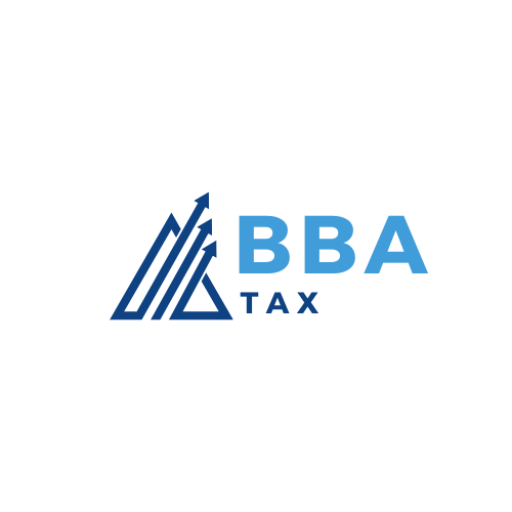
If your account has been frozen or you’ve received a CRA notice, don’t wait for things to escalate.
The expert team at BBA Tax Ottawa can help you:
- Unfreeze your bank account quickly and legally.
- Negotiate directly with CRA collections officers.
- File back taxes and create a clear repayment plan.
- Represent you in CRA audits and reviews.
BBA Tax specializes in CRA audit defense, bookkeeping, corporate and personal tax filing, incorporation services, and financial management for both individuals and businesses in Ottawa and across Canada.
📞 Contact BBA Tax Ottawa today to protect your finances and resolve CRA tax issues efficiently and confidentially.
11. Final Thoughts: Take Action Before It’s Too Late
A CRA bank account freeze doesn’t have to mean financial ruin. With professional help and timely action, most Canadians can resolve the issue, regain access to their funds, and prevent it from happening again.
Whether you’re an individual taxpayer or small business owner, proactive tax planning and expert advice from BBA Tax Ottawa can make all the difference.
BBA Tax Ottawa – Your trusted accounting partner for tax relief, CRA audit defense, and long-term financial peace of mind.
